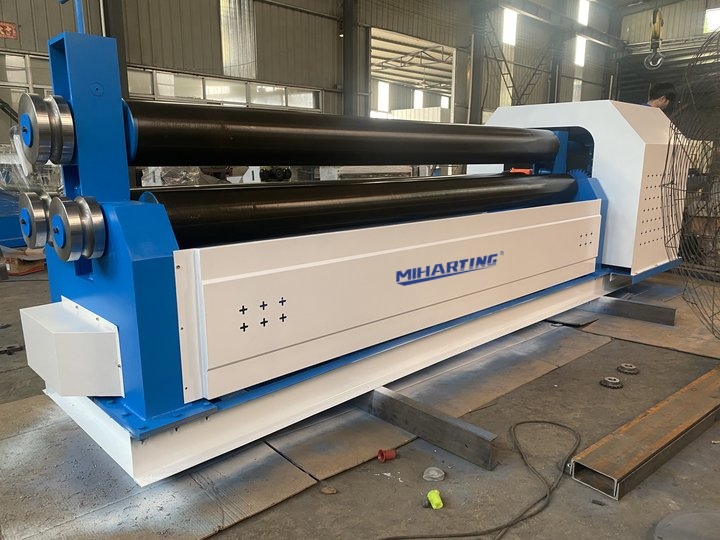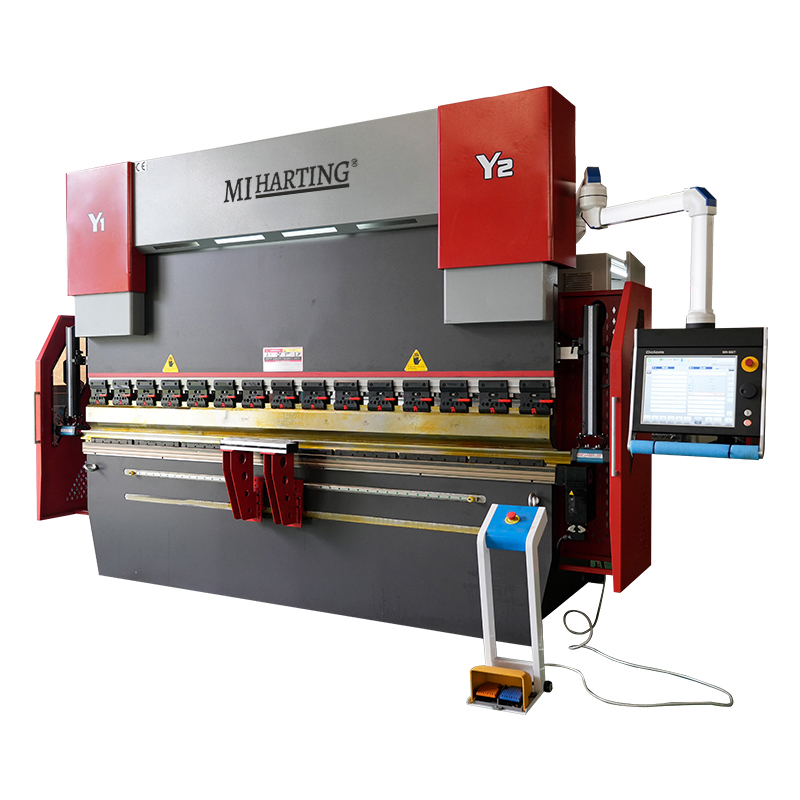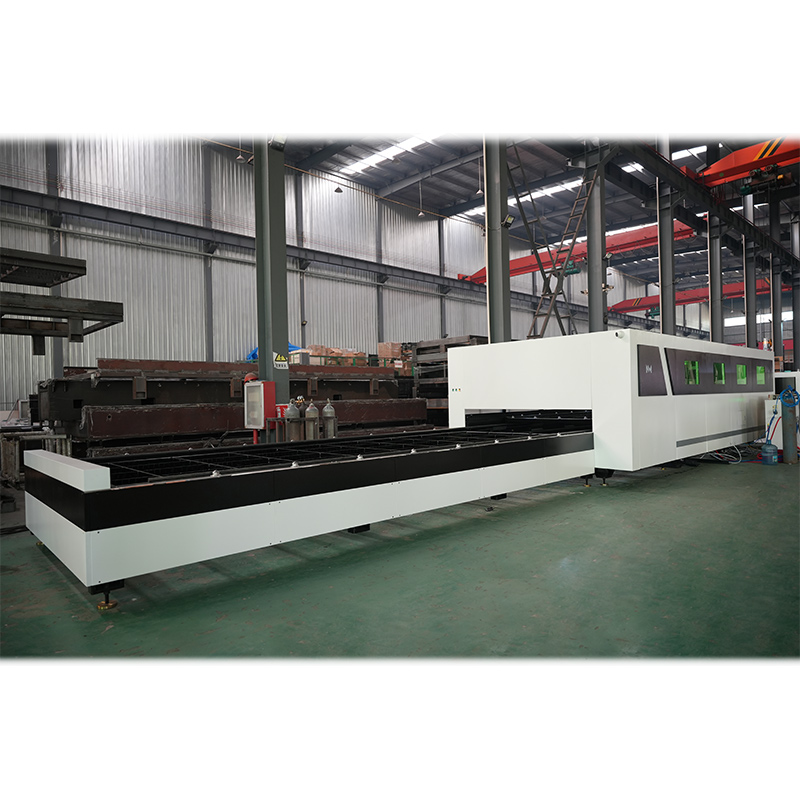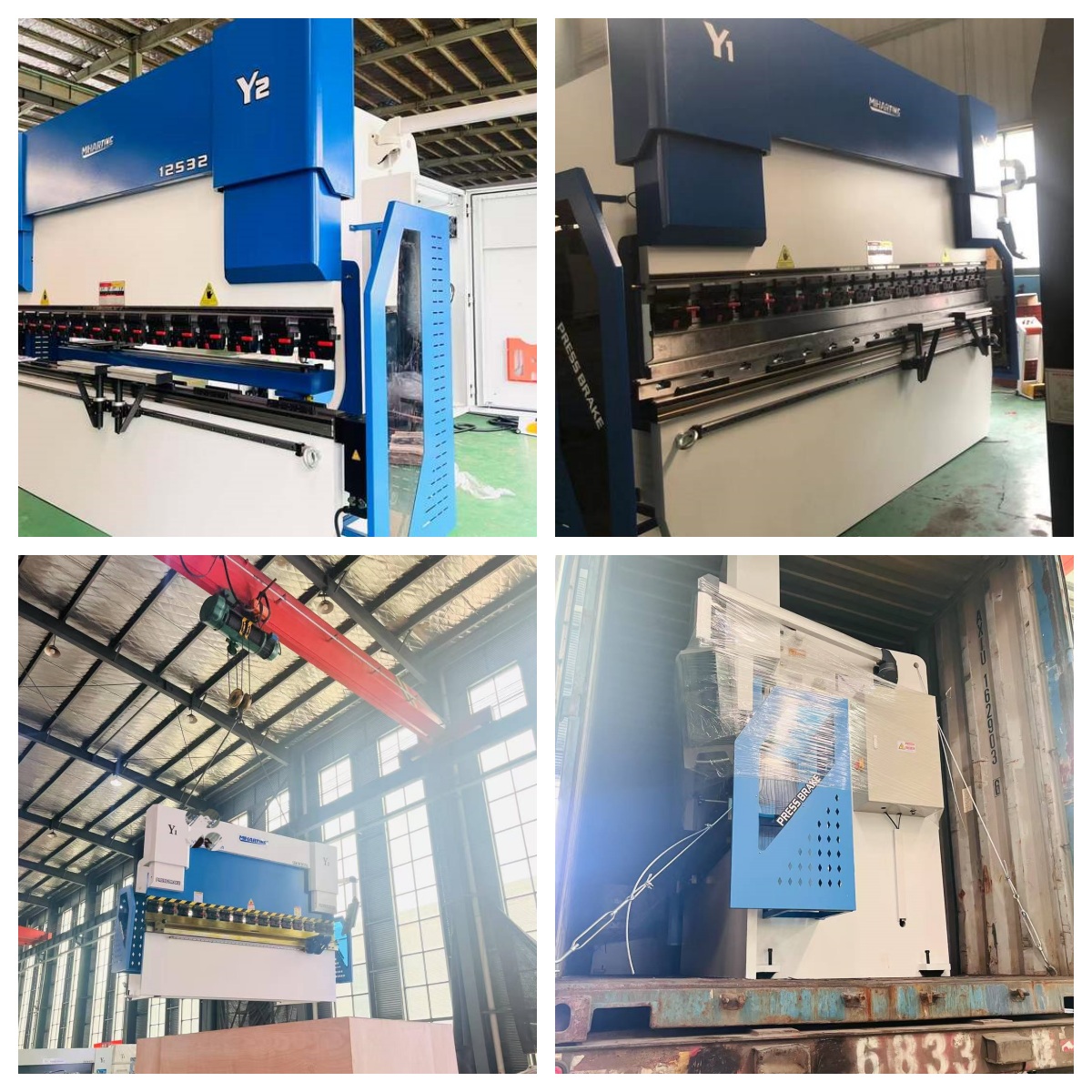Sheet metal benders are essential tools in the fabrication and manufacturing industries. These machines are designed to bend and shape sheet metal into various forms and sizes, making them indispensable for creating everything from small components to large structural elements. In this article, we will explore the types, benefits, and applications of sheet metal benders, providing insights into why they are crucial for modern manufacturing.
Types of Sheet Metal Benders
Manual Sheet Metal Benders
Description: Manual benders require physical effort to operate. They are typically used for small-scale projects and can be a cost-effective solution for workshops and hobbyists.
Advantages: Cost-effective, simple to operate, and suitable for small batches or prototypes.
Applications: Ideal for small repair jobs, custom metalwork, and educational purposes.
Hydraulic Sheet Metal Benders
Description: These benders use hydraulic power to exert force on the sheet metal, making them suitable for heavier and thicker materials.
Advantages: Capable of handling larger and thicker sheets, precise bending, and increased efficiency.
Applications: Widely used in automotive, aerospace, and construction industries.
CNC Sheet Metal Benders
Description: CNC (Computer Numerical Control) benders are automated machines programmed to bend metal with high precision. They are ideal for large-scale production runs.
Advantages: High precision, consistency, and the ability to handle complex shapes and repetitive tasks with ease.
Applications: Mass production in industries such as electronics, appliances, and industrial equipment.
Benefits of Using Sheet Metal Benders
Precision and Accuracy: Modern sheet metal benders, especially CNC benders, offer unparalleled precision, ensuring that each bend is consistent and meets exact specifications.
Efficiency: Automated benders significantly reduce the time required for bending operations, enhancing productivity and reducing labor costs.
Versatility: These machines can handle a wide range of materials and thicknesses, making them adaptable to various applications and industries.
Quality Control: Improved control over the bending process results in higher quality finished products, with fewer defects and less material wastage.
Applications of Sheet Metal Benders
Sheet metal benders are used in numerous industries, each with specific requirements:
Automotive Industry: For manufacturing car bodies, exhaust systems, and other components.
Aerospace Industry: Essential for creating aircraft panels, structural components, and intricate parts.
Construction: Used in building structures, HVAC systems, and architectural features.
Electronics: In the production of enclosures, brackets, and heat sinks.
Home Appliances: For creating parts of washing machines, refrigerators, and other household devices.
Conclusion
Investing in a sheet metal bender can significantly enhance your manufacturing capabilities, offering precision, efficiency, and versatility. Whether you opt for a manual, hydraulic, or CNC bender, the benefits are clear: improved quality, reduced production times, and the ability to meet diverse fabrication needs. As industries continue to demand high-quality metal components, the role of sheet metal benders will only become more critical.
For more information on selecting the right sheet metal bender for your needs, contact us . We offer a wide range of benders suited for various applications, along with expert advice to help you make the best choice.






